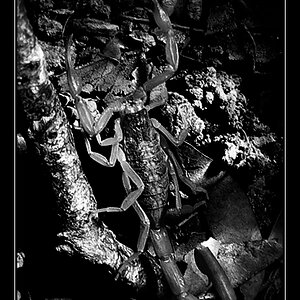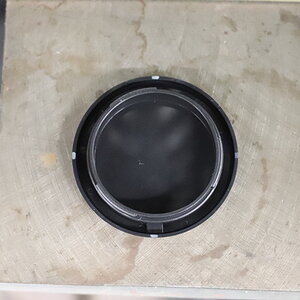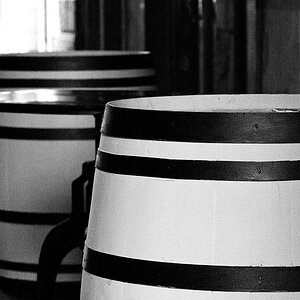fadingaway1986
I Burn Easily :(
- Joined
- Feb 4, 2004
- Messages
- 1,449
- Reaction score
- 9
- Location
- Queensland, Australia
- Website
- www.06photography.com
- Can others edit my Photos
- Photos OK to edit
terri said:Never say you are too young, or that it wont happen to you.
Yep. Because no one is, and yes it can.
I think your mom is among the bravest of brave. She is exhibiting a strong will and positive mindset, which I think must be the hardest thing in the world. Here's to her: :thumbsup: She sounds like a class act, honey.
And this is for you: :hug: because you sound like an amazing, supportive son. :love:
That is definately true about the age...
At the state finals for the leukaemia quest this year - they told us there is currently a two week old baby staying at the leukaemia village because it has leukaemia... TWO WEEKS OLD! That is why i joined again for my 4th year... I can't stand the thought of a baby going through that.


![[No title]](/data/xfmg/thumbnail/37/37521-5e19cc15e190997d963ed09c3c13ca9c.jpg?1619738129)
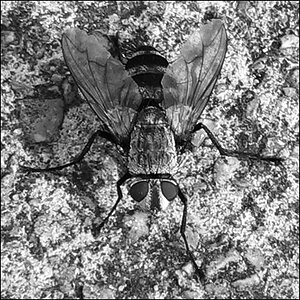
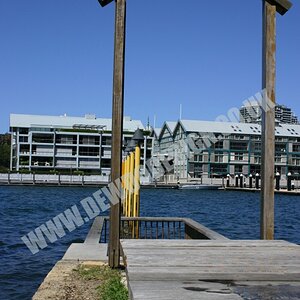
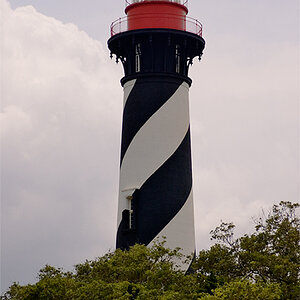
![[No title]](/data/xfmg/thumbnail/31/31707-a2840f3af9af3a4fa6f6dfbd4028eae5.jpg?1619734964)
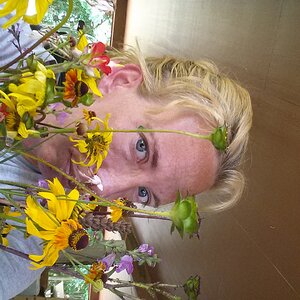
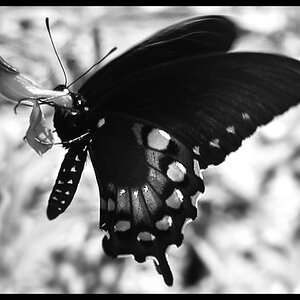
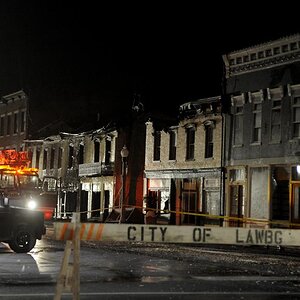
![[No title]](/data/xfmg/thumbnail/31/31704-42c2fcbcc4b6ba8c2c5ae54202cad6ec.jpg?1619734963)
